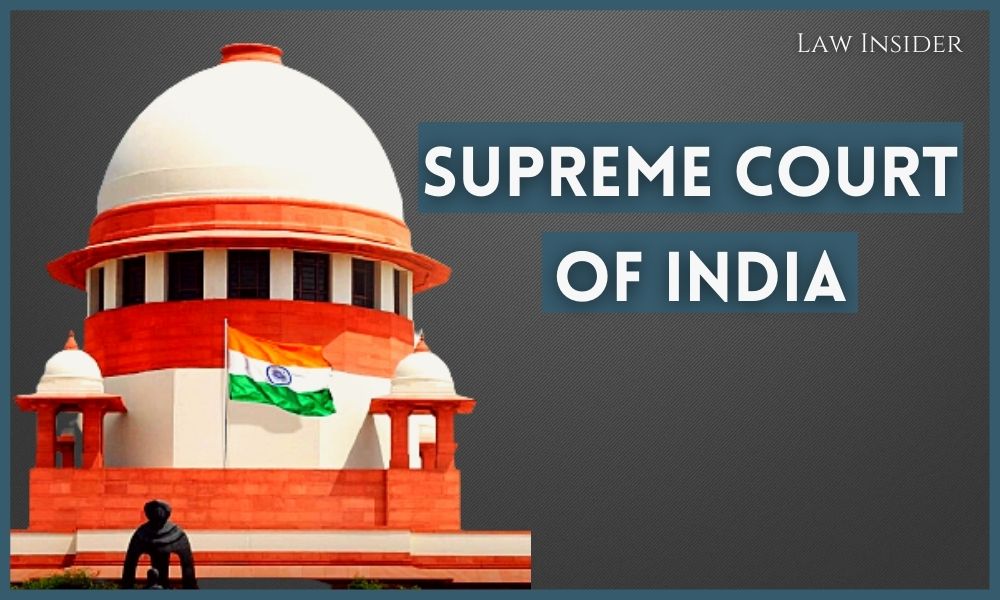Tanvi Pilane
Published on: March 16, 2022 at 12:06 IST
A Bench of Justices Uday Umesh Lalit and Vineet Saran of the Supreme Court on Tuesday held that Disciplinary Proceedings by High Court against Judicial Officers cannot be initiated merely on the basis of a wrong order or action.
The Court stated that an intimation must be given to the judicial officer by the Court authorities about his performance so that they can improve in the future.
The Appellant, in this case, was a judicial officer who had been selected appointment as Additional District Judge in 2013, and was also on probation for two years.
He was appointed Sessions Judge in the Anti-Corruption Department (ACD), Bharatpur in 2015. It was during this posting that he passed a Bail order that formed the basis of the present appeal.
A Court meeting was decided to discharge the Appellant from service even as the proceedings were pending without any personal hearing from the Enquiry Judge.
Aggrieved by this, a Petition was filed by the Appellant in the Rajasthan High Court which was then dismissed by the Court.
This led to the Appellant filing an appeal against the decision in the Supreme Court.
It was submitted by the Appellant that the discharge order was based on the fact that an enquiry was initiated against him and not upon unsatisfactory performance as is the requirement under Rule 45 and 46 of the Rajasthan Judicial Service Rules.
The Supreme Court noted that the Appellant is covered by the judgment by the Constitution Bench.
In Shamsher Singh vs. State of Punjab and State of Bihar v. Gopi Kishore Prasad wherein it was held that hat when a person on probation is terminated after an Enquiry into his alleged misconduct, it would amount to punishment as it affects his future career by putting a stigma on his competence.
The Bench stated the requirement of giving an opportunity of improvement to the appellant has been stressed by the Supreme Court in many cases which was not done in the instant case.
The Court also noted that the charges filed against the Appellant were vague and no formal complaint was filed against him. The Bench stated that while the Appellant may be guilty of negligence toward not carefully going through the case file, the same cannot be treated as misconduct.
Thus, the Court allowed the appeal and quashed the discharge order.
Also read:
Appellate Jurisdiction of Supreme Court in Criminal matters
Rajasthan Judicial Service Rules.

